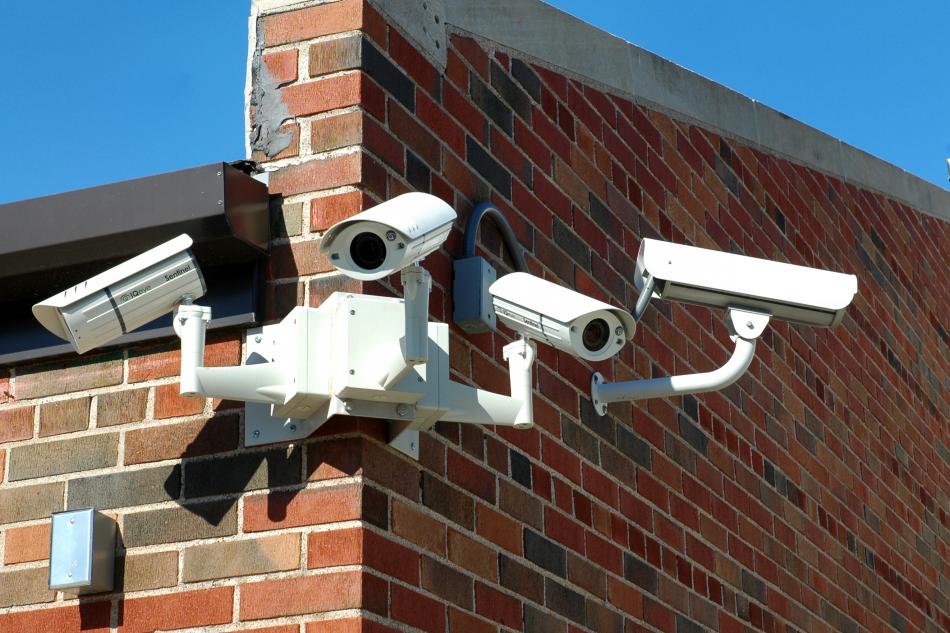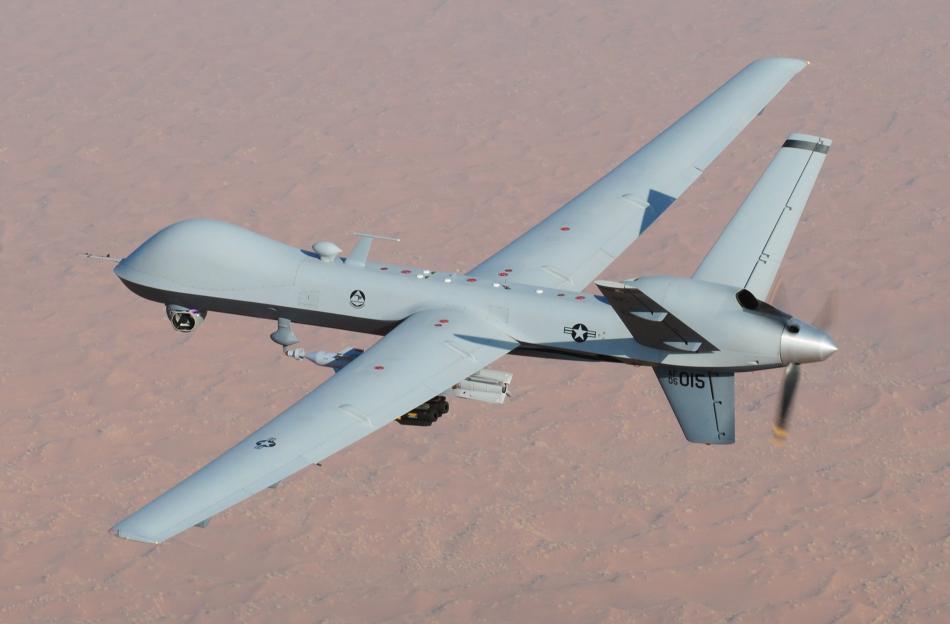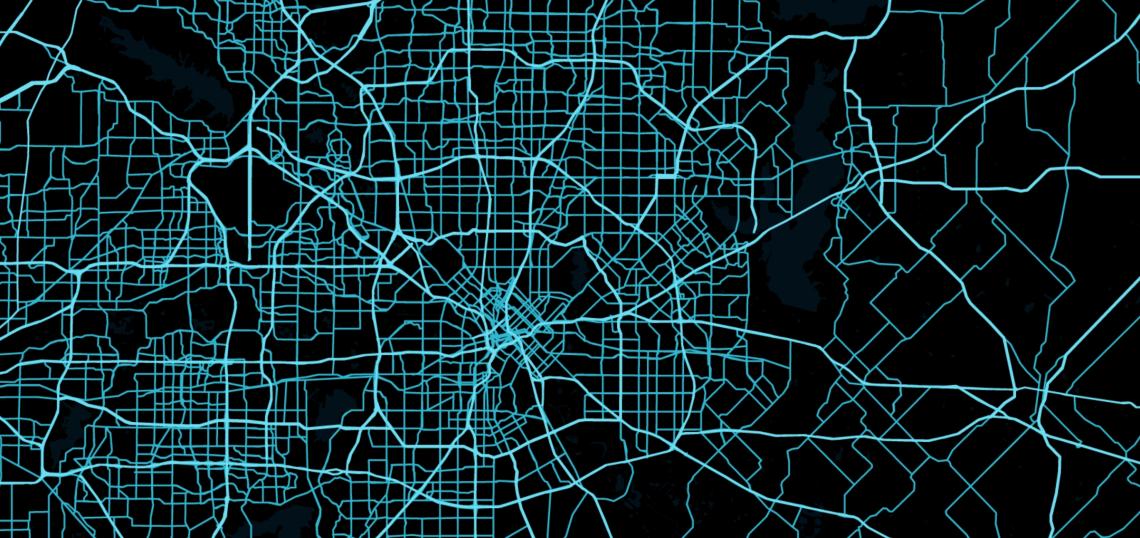On April 13, Smart Cities connect named Dallas as an awardee for their 2023 Smart 50 awards. Smart 50 is meant to recognize and honor 50 cities throughout the world that have taken initiatives for "smart city" projects and initiatives. Of the 50 cities named, 3 will be selected as winners at the Smart Cities Connect Spring Conference & Expo on May 15 in Denver.
Dallas was selected for its work in the Red Cloud Neighborhood Smart Cities Pilot Project (really rolls off the tongue nicely). These projects include wifi enabled streetlights that provide high speed internet to communities, air quality monitors, and "AI-enabled situational awareness cameras at select locations". These projects are meant to improve quality of life for residents and pave the way for further improvements by collecting data to be used in city planning. Further plans call for EV charging stations to be included as well.
 The level of surveillance provided by these "smart city" innovations may be somewhat reminiscent of certain dystopian novels.Source: Shutterstock
The level of surveillance provided by these "smart city" innovations may be somewhat reminiscent of certain dystopian novels.Source: Shutterstock
These quality of life improvements may prove to be unpopular in the community. The City's Ubicquia platform, in addition to having a very ominous name, has a number of features that could be seen by some as oversteps. You decide for yourself:
- Traffic and mobility metrics -- identify and correct issues in real time
- Streets -- curb management, waste, and parking
- Public safety
- Video streaming
- Public wifi access points through streetlights
- Gunshot detection
- Lighting controls
- Air quality monitoring
 Dallas will fortunately not be getting Hellfire-armed Reaper drones, instead opting for quadcopters.Source: Wikimedia Commons
Dallas will fortunately not be getting Hellfire-armed Reaper drones, instead opting for quadcopters.Source: Wikimedia Commons
Beyond the ground-level monitoring, the City of Dallas is launching a surveillance drone initiative. The project, "Drone Pilot Project", will employ drones from 6 different locations to provide insight on demands for services in the city. The City is working with Birdstop, Inc and will be the first municipality in Texas to use UAVs as monitors. Uses for the drones are as follows:
- Law enforcement
- Fire rescue
- Landscape analysis
- Construction inspection
- Bridge inspection
- Emergency management
- Surveying
- Digital twin
- Traffic management
- Crowd control
Critics may be a bit uncomfortable with drones being used for law enforcement and crowd control. Additionally, it is unclear how limited the drones may be in their movement given that much of Dallas' airspace is considered Class B due to the proximity of Love Field, which would greatly restrict drone operations.
The opportunities offered by "smart city" technologies are too good to ignore. However, there are certainly privacy concerns that must be addressed before these technologies are rolled out on a mass scale.






